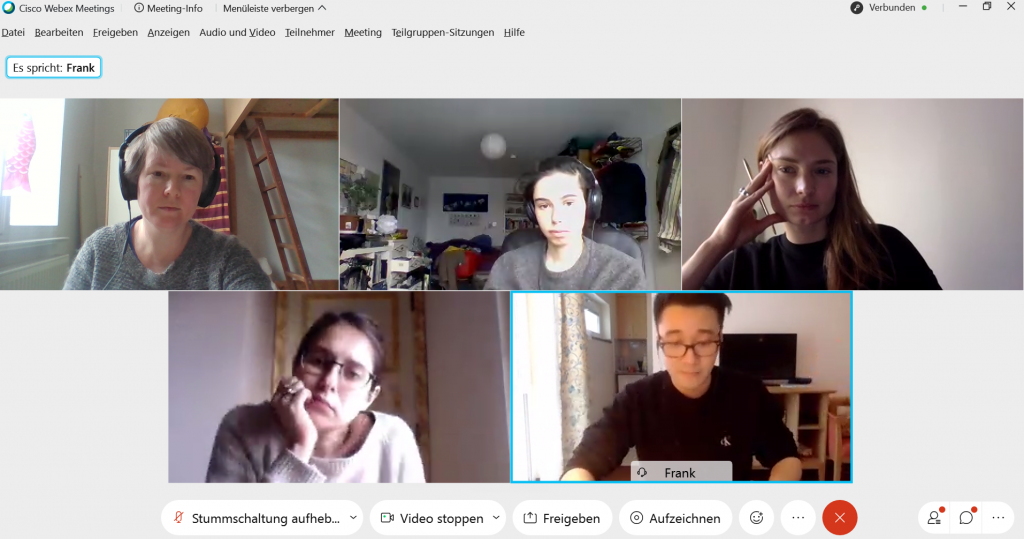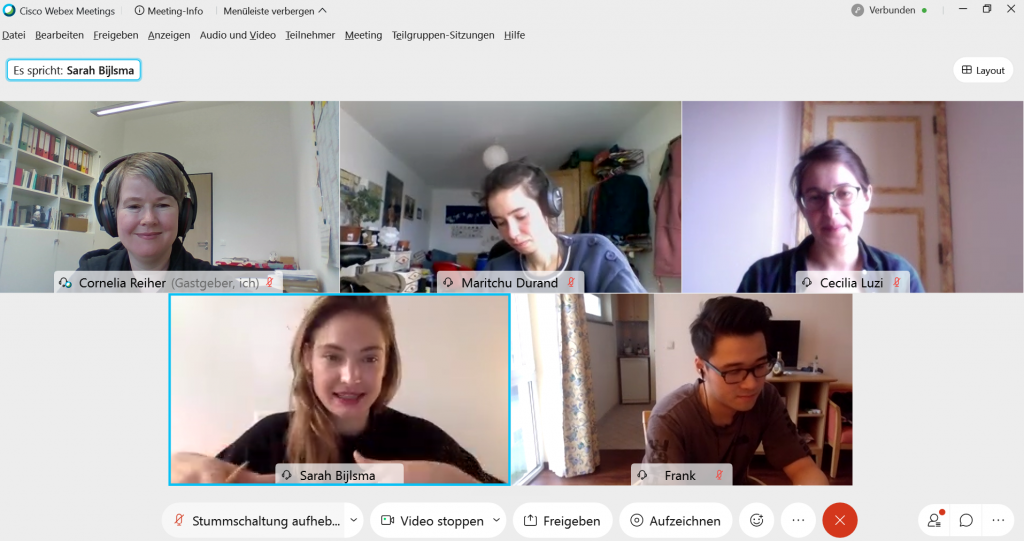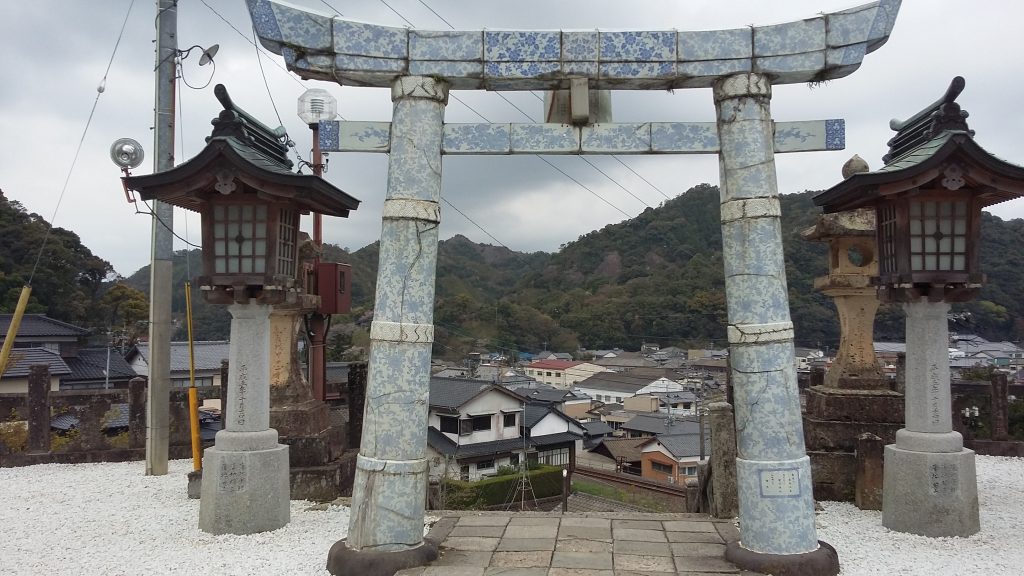by Cornelia Reiher
I am a Berlin-based Japan scholar who has studied rural Japan and food-related issues for more than 15 years. I have worked and lived in Arita, Saga Prefecture from 2004 to 2006 and later wrote my PhD thesis on local identity and rural revitalization based on this experience. But due to teaching and family obligations I never had the chance to return for a longer period of time. Therefore, I was very happy, when the German Research Foundation (DFG) granted me the funding for this research project in March 2020, because it has been a long time dream to go back to rural Japan for longer than just a few weeks during the semester break to conduct fieldwork.
However, in March 2020, Berlin was already in its first Covid-related lockdown. Nevertheless, I started hiring people and found two great PhD researchers, Cecilia from Italy, and Frank from Vietnam, to work on the project with me. We were lucky to get them to Berlin before borders were closed. In the beginning of October 2020, we could meet in person a few times, but joint lunches and onsite meetings ended in November. We had to return to our home offices and restaurants closed for indoor dining. A long period of online-meetings and online classes began and continues to this date.

Copyright © Cornelia Reiher 2021
The challenge was (and still is) to build a team remotely and prepare this team for fieldwork in Japan although it is uncertain when this fieldwork can actually take place. Frank and Cecilia joined the Graduate School of East Asian Studies (GEAS) in order to meet other PhD students who work on East Asia and participated in courses and currently work on their literature reviews. In addition, we regularly meet for video conferences with our student assistant, Maritchu, who is a student in our Japanese studies MA program and currently plans her MA thesis about urban-rural migration in Japan. Our small study group is also joined by Sarah who is a PhD student at GEAS and works on urbanites from Japan’s main islands relocating to the Yaeyama Islands (Okinawa).
We started with reading and discussing the most recent publications on urban-rural migration and rural Japan and started a shared bibliography, defined and discussed terms we all deal with in our individual research projects and presented our progress to each other. Frank presented a different policy scheme from Japan’s national government’s Regional Revitalization Comprehensive Strategy every week and Cecilia introduced debates on and beyond the urban-rural dichotomy. Sarah gave insights into her analysis of blogs published by urban-rural migrants to the Yaeyama Islands, while Maritchu collected various data on abandoned houses (akiya) and presented stories of urban-rural migrants who renovated such houses in Kyūshū.

Copyright © Cornelia Reiher 2021
This approach enabled the group to identify tasks that can be done while in Berlin and to create shared knowledge about rural Japan from different disciplinary perspectives (political science and anthropology) by inspiring discussions. We also got to know each other better, but nothing can make up for the shared meals and discussions in the hallways we are missing out in the Covid-19 situation. We had to cancel our joint exploratory field trip to Kyūshū in April, but we hope that we can go to Japan in October. Meanwhile, we contact researchers at Japanese universities and gatekeepers in the four municipalities we will study in Kyūshū, collect information, analyze documents and blogs. The regular meetings, however, help(ed) us to stay fascinated with our joint research project and to keep up hope to conduct fieldwork in Japan in the near future.

Copyright © Cornelia Reiher 2018
